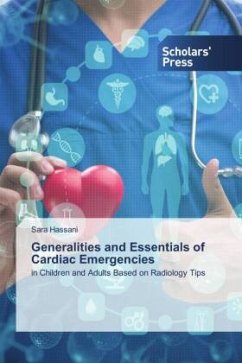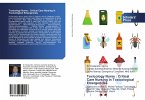The human heart is a precise and regular instrument that serves the whole body. This muscular organ is the size of a closed human fist and is located in the chest and slightly inclined to the left. The heart beats about 100,000 times a day and pumps about 8 pints of blood throughout the body every 24 hours. This work brings the blood rich in oxygen and nutrients to the tissues and organs and also carries the waste materials with it. The heart sends deoxygenated blood to the lungs, where the blood is enriched with oxygen and carbon dioxide and metabolic waste products are discharged. The heart, blood, and blood vessels, which include arteries, veins, and capillaries, all together form the circulatory system.Anatomy of the human heartThe human heart consists of four chambers: The atria, which are the upper two cavities and receive blood. Ventricles, which are the two lower cavities and drain the blood.








